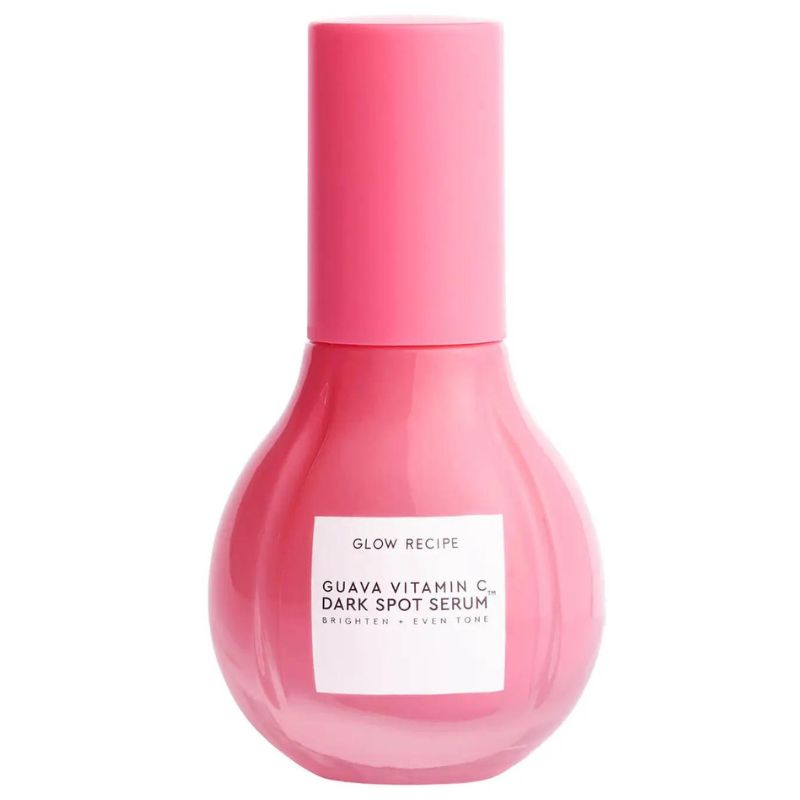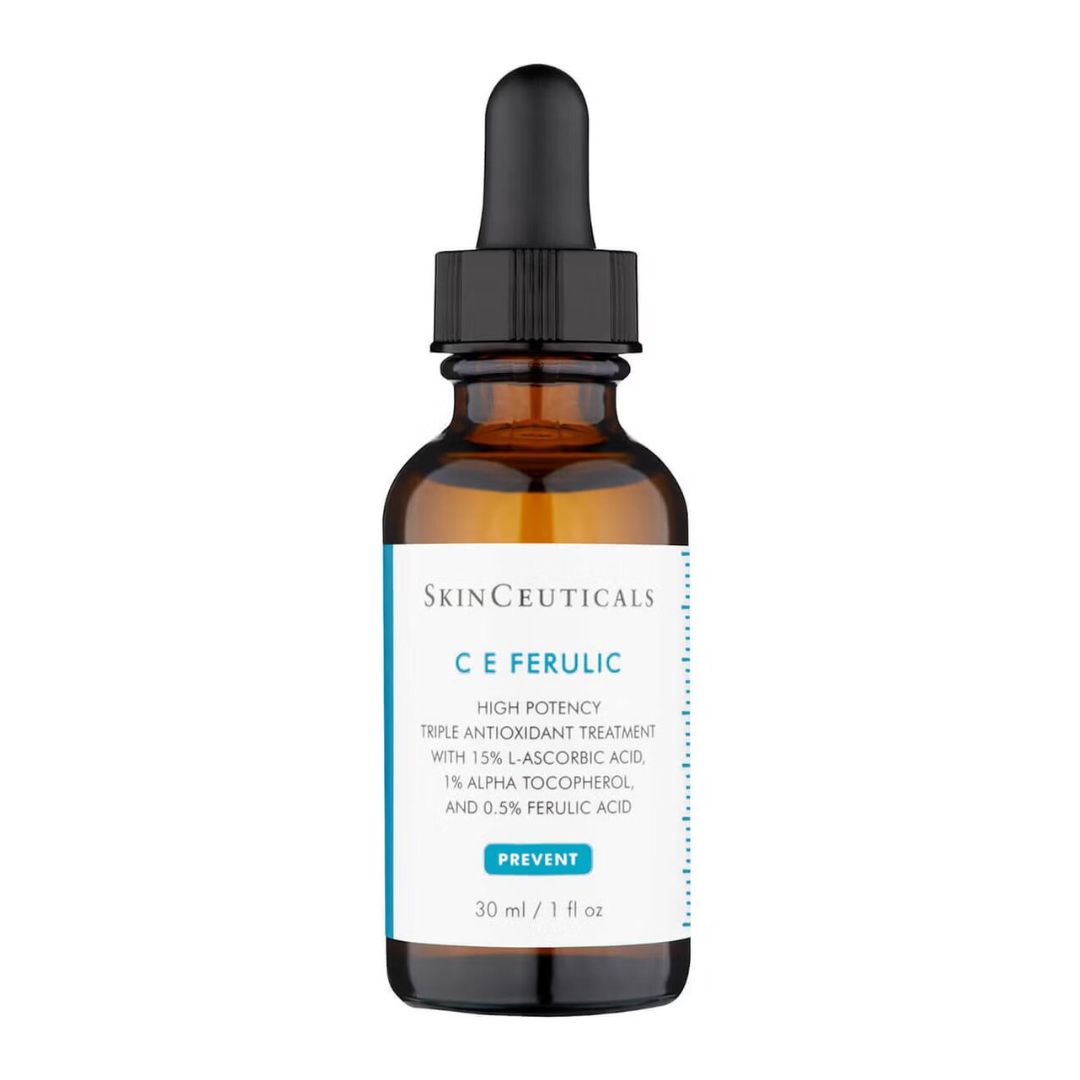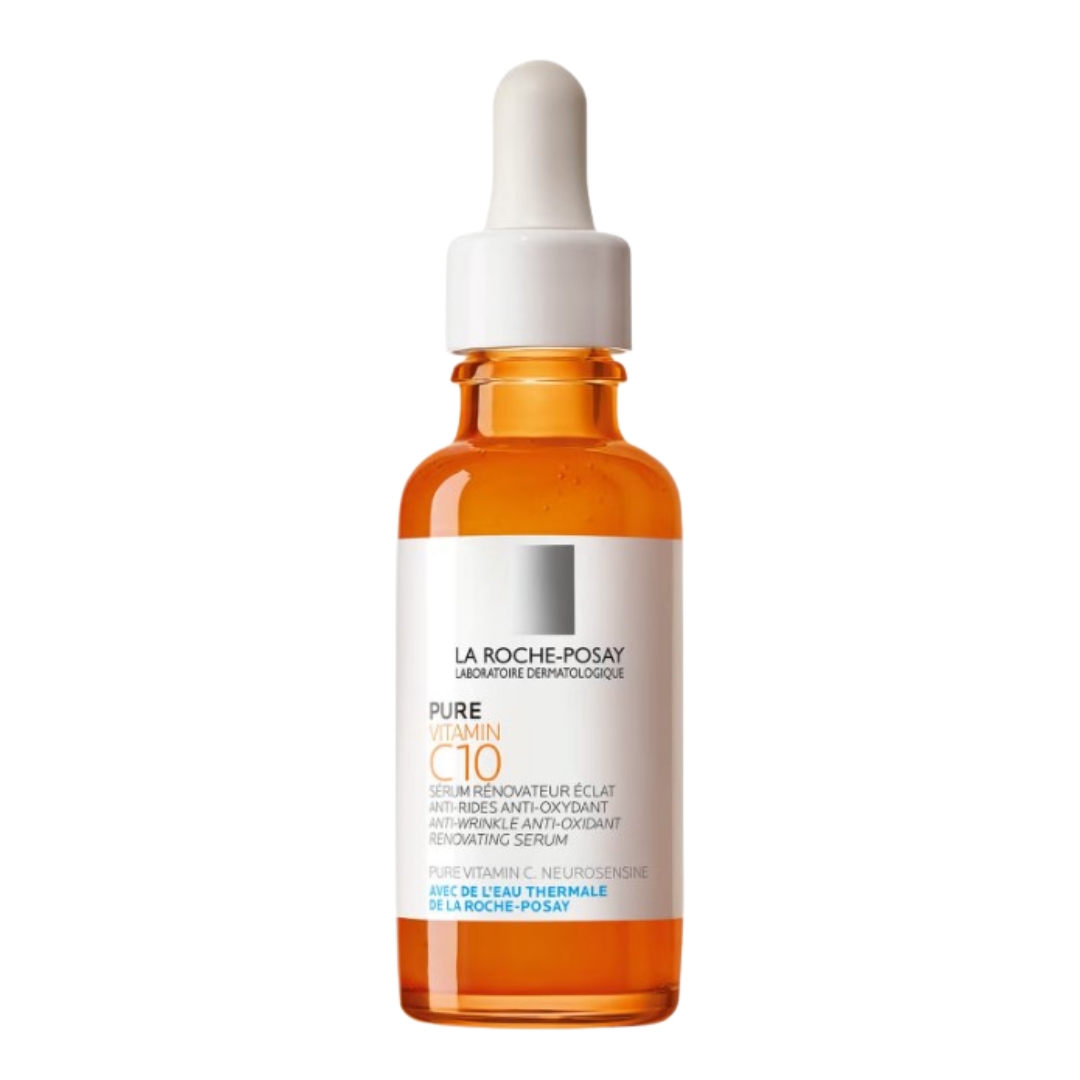When should you use vitamin C in your skincare routine? Dermatologists break it down
Two derms advise on when you should use vitamin C in your skincare routine


Should you use vitamin C morning or night to get the best results out of your formula? The experts explain...
Vitamin C is widely regarded as one of the MVPs of skincare ingredients. You’ve probably heard that dermatologists and skin experts regularly recommend it as one of the key pillars of a good regime. So, when should you use vitamin C in your skincare routine?
There are a few different things to consider before using a skincare product containing this well-loved ingredient, including the when and where in your regime to apply it. To establish the expert-approved answer, I spoke to two consultant dermatologists to get their thoughts on the best time to use vitamin C in your skincare routine.
When should you use vitamin C in your skincare routine?
Should you use vitamin C in the morning or at night?
As well as the exact position in your skincare routine, another oft-asked question about using vitamin C is the time of day that it’s most beneficial. Dr Derrick Phillips, consultant dermatologist at One Wellbeck and Skin55, recommends it for morning use. “It is a potent antioxidant and will help to protect against harmful free radicals generated by UV radiation from the sun and environmental pollution,” he tells us. Dr Phillips also notes that many formulations do not need to be reapplied at night and that applying vitamin C in the morning allows for retinoid use (AKA a different active) in your evening regime.
Dr Aiza Jamil, consultant dermatologist at sk:n Clinics, agrees that it’s most often recommended for morning use because of its antioxidant benefits. However, “Some individuals choose to use vitamin C in the evening as well, particularly if they have a simplified morning routine or are focusing on other active ingredients during the day,” she adds. “Evening use can still provide antioxidant benefits and vitamin C can support the skin's natural repair and regeneration processes during the night.”
If your skin tolerates vitamin C well, Dr Jamil says that you could use it in both your AM and PM skincare routines to maximise its benefits. “Ensure that you're using appropriate concentrations for your skin type to minimize the risk of irritation,” she adds – our guide on how to use vitamin C breaks this down in more depth. Essentially, if you are only going to use it at one time of the day, the morning makes the most sense due to the antioxidant benefits, but evening use is also an option.
Which type of vitamin C skincare product is best?
Take just five minutes to browse the many vitamin C skincare products on the market and you’ll notice that it’s found in a wide variety of products, from cleansers to serums, moisturisers and face masks. You’ll see the most noticeable benefits from a leave-on product and, as our experts confirm, the results can vary depending on the product formulation.
Sign up to our free daily email for the latest royal and entertainment news, interesting opinion, expert advice on styling and beauty trends, and no-nonsense guides to the health and wellness questions you want answered.
“In order to get the collagen boosting and skin brightening benefits, the product must contain a stable form of vitamin C that is able to penetrate deep into the skin,” says Dr Phillips. The pure form of vitamin C is L-ascorbic acid, which is regarded by experts as one of the most effective, though it is quite potent. Derivatives, such as ascorbyl glucoside, are also used in skincare and can be better suited to those who find vitamin C a bit irritating.
Dr Phillips most often recommends vitamin C serums in-clinic. “They are lightweight and rapidly absorbed, allowing moisturisers, sunscreen and makeup to be layered on top,” he continues. “My favourite vitamin C serums to recommend in-clinic are CE Ferulic and Silymarin CF by SkinCeuticals.” Dr Jamil adds that serums also usually contain higher concentrations of vitamin C.
Our experts recommend...

RRP: £36
This brightening and resurfacing treatment uses vitamin C, ferulic acid and vitamin E to revive skin, while the addition of guava gives it a gorgeous scent. A favourite of our Digital Beauty Editor, Aleesha Badkar, this satiny formula fades dark spots and leaves skin bright and fresh.
While a serum is probably the most popular way to incorporate this ingredient into your skincare routine, moisturisers with vitamin C do have their place. “[They] are suitable for those who prefer a more hydrating formula and can be a good option for individuals with dry or sensitive skin,” Dr Jamil confirms.
Your vitamin C moisturiser will be applied after any serums or treatments, which Dr Jamil confirms "helps to lock in moisture and provides a protective barrier.” During the day, always follow with sunscreen.
So, when in your skincare routine should you use vitamin C?
Ultimately the exact position of vitamin C in your routine will depend on your product of choice. If you’ve opted for a serum, this comes after you’ve cleansed your skin and applied toner, if you use it, and before any serums like the best hyaluronic acid serums.
Moisturisers, on the other hand, are the last step in your routine unless it’s the morning, in which case you’ll apply one of the best facial sunscreens afterwards.
Lucy is a UK-based beauty journalist who has written for titles including Marie Claire, Glamour and OK!, as well as contributing to woman&home. Her work covers everything from expert skin and haircare advice to beauty trends and reviews of the latest products. During her career she regularly speaks to the industry's leading hairdressers, dermatologists and make-up artists, has covered backstage at London Fashion Week and interviewed many a celeb about their beauty routine.


